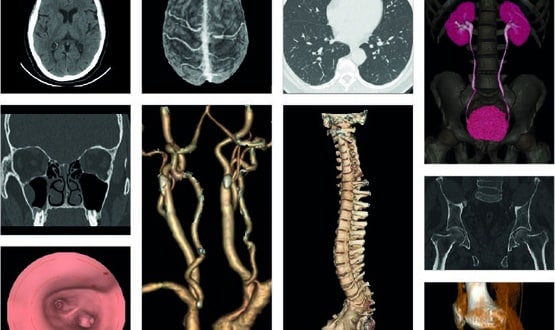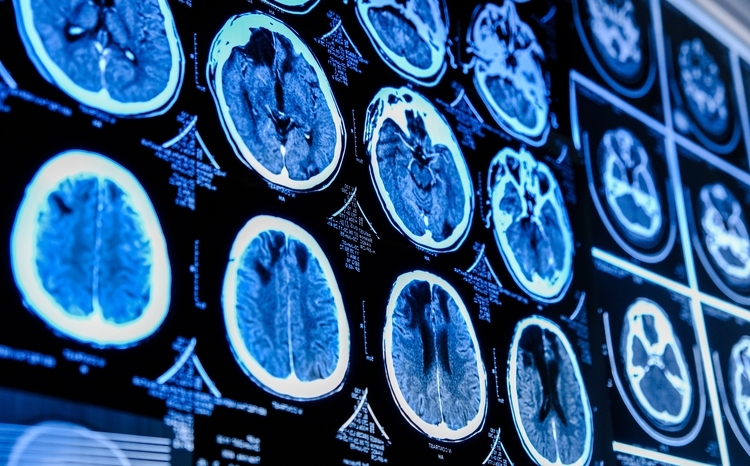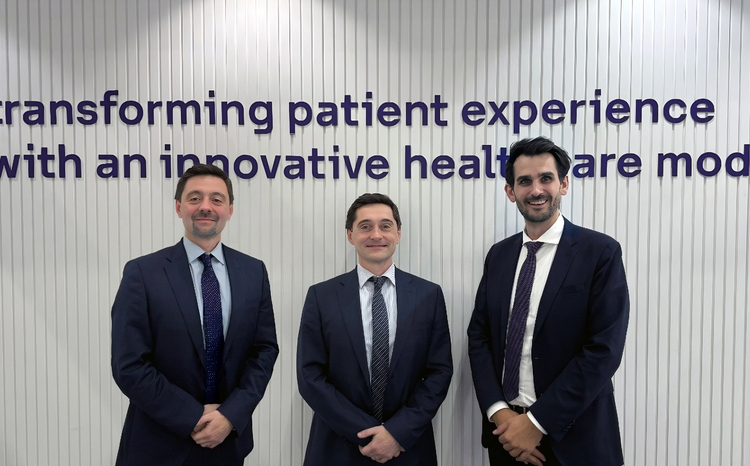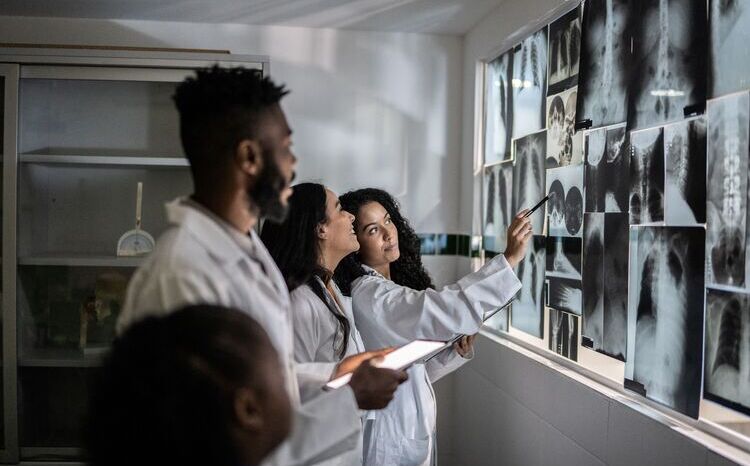Derby Teaching Hospitals NHS Foundation Trust joins EMRAD

Derby Teaching Hospitals NHS Foundation Trust has become the eighth trust to join a radiology consortium.
The trust’s board approved the decision for it to join the East Midlands Radiology (EMRAD) consortium on 16 January.
EMRAD allows hospitals across the East Midlands to share images such as x-rays and scans.
It means that within the next six months, images from Derby and Burton hospitals will be able to be shared easily across the region.
Other members of the consortium include Chesterfield Royal Hospital, Kettering General Hospital, Sherwood Forest Hospitals, Nottingham University Hospitals, Northampton General Hospital and United Lincolnshire Hospitals.
EMRAD argues the consortium helps decision-making, by allowing experts from all hospitals to work together. Clinicians are able to view images instantly on their computer, regardless of where the patient is being treated.
“This is good news for our patients and our clinical teams as it makes for quicker sharing of images and information between hospitals in the East Midlands,” said Dr Nigel Sturrock, executive medical director for Derby Teaching Hospitals.
“This will ensure timely decision making by the clinical teams in different hospitals to improve the care of our patients who move between different Trusts in the region.
“Derby Teaching Hospitals will continue to use its current radiology picture archiving and communication system but joining the consortium will allow clinicians to access the complete radiology imaging record for their patients, including scans, reports and clinical opinions, regardless of which hospital they were performed at.”
The trusts are using the GE Healthcare Cross Enterprise Reporting tool, which is designed to help information be shared more easily between hospitals.
Back in October, Digital Health News reported how the consortium had been hit by serious IT problems, which resulted in doctors being forced to send images on DVD by taxi when seeking specialist advice for emergency patients.




